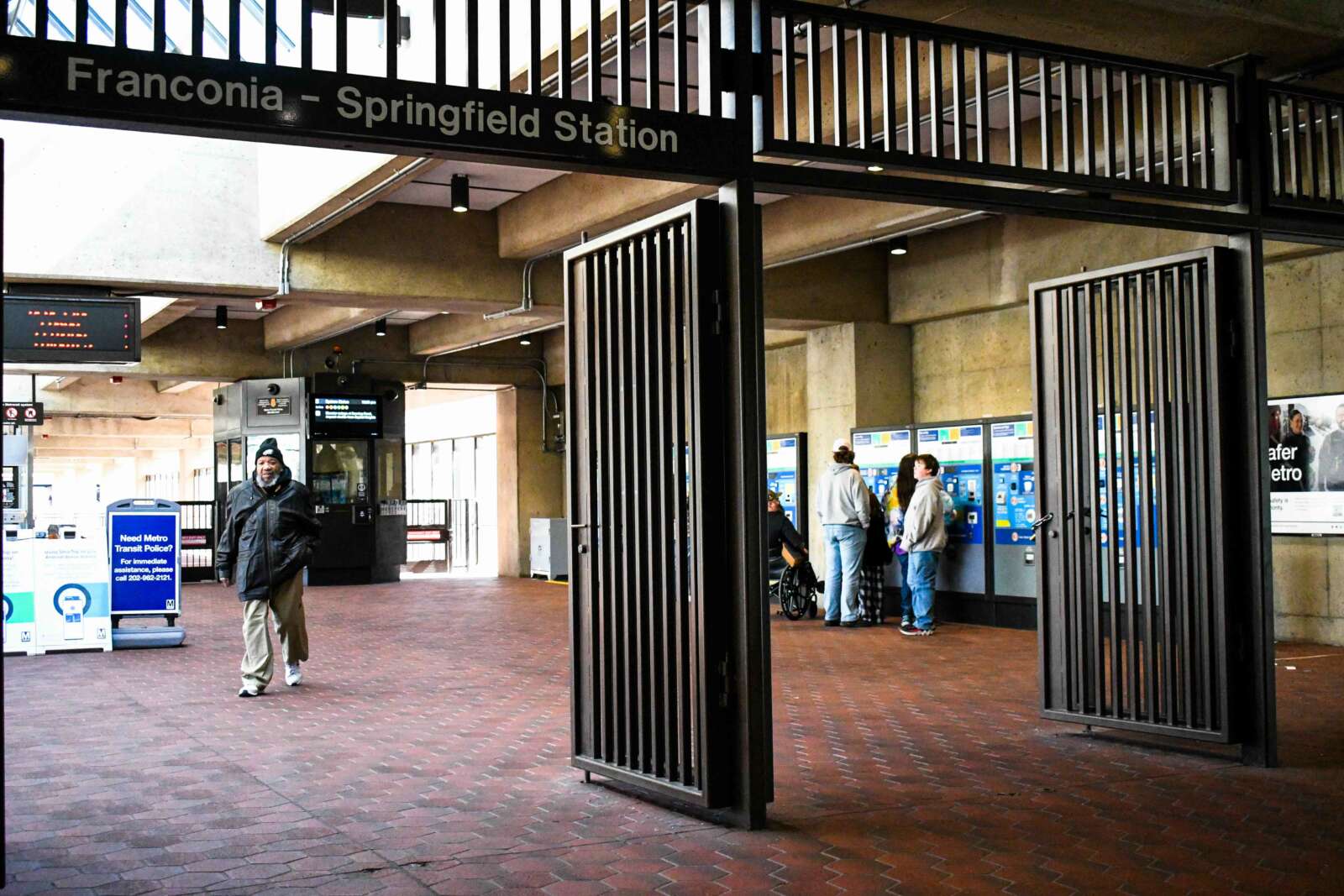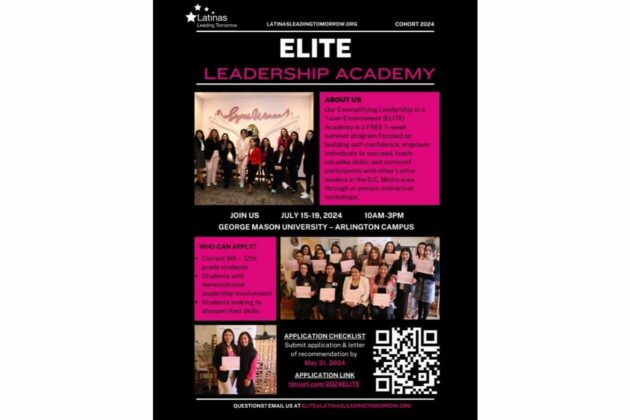
The cost of riding Metro trains and buses will go up, starting July 1, when the transit agency’s new budget takes effect.
The Washington Metropolitan Area Transit Authority’s (WMATA) board of directors approved a $4.8 billion fiscal year 2025 budget yesterday (Thursday) that will increase fares by 12.5%, including by ending the flat $2 rate for weekend and late-night rides introduced in 2021 and expanded in 2022.
Going forward, riders will be charged between $2.25 and $2.50 during those times, depending on how far they travel. The new budget also raises the base fare for both buses and rail from $2 to $2.25, the cap for MetroAccess service from $4 to $4.50, and the price of rail and bus passes.
The increases will keep fares “in line with inflation,” WMATA said in a press release.
The transit authority also hopes to generate some more revenue by introducing a 5-cent hourly rental fee for its bicycle lockers, capped at $1 per day, though vehicle parking rates will be unchanged.
In a statement, Metro Board Chair Paul Smedberg acknowledged that the budget “asks for a shared sacrifice from our employees and customers,” but WMATA stressed it was able to avoid the “catastrophic” cuts proposed last year, when it projected a $750 million funding deficit.
“We appreciate the collaboration of our regional partners on this board-approved budget that will keep our community moving,” Metro General Manager and CEO Randy Clarke said. “This region is a great place to live, work, and play, and our recent ridership reflects the vital role Metro plays in getting people where they need to go.”
Some “targeted” service reductions will still be implemented, including “modest” headway increases for the Orange Line on both weekdays and weekends and for the Green and Yellow lines on weekends, according to a staff report. Metro also plans to utilize more six-car trains and a two-hour peak period.
Metro says it averted more drastic moves like station closures and worker layoffs by identifying $50 million in “cost efficiencies” — including a wage freeze for non-union positions — and securing increased funding commitments from D.C., Maryland and Virginia.
However, the amount of money headed to the transit agency from Virginia remains up in the air. The General Assembly passed a two-year budget in March with an additional $149.5 million for Metro, but Gov. Glenn Youngkin proposed an amendment earlier this month that would allocate $133.7 million — most of it redirected from the Northern Virginia Transportation Commission (NVTC).
Last week, the Fairfax County Board of Supervisors urged state lawmakers to reject Youngkin’s proposal, noting that funding is already running low for NVTC, which manages funding for transit systems throughout the region, including Metro.
The ongoing wrangling over the state spending plan has created some uncertainty for the county, which is considering an additional $10 million for Metro in its proposed FY 2025 budget.
Now that Metro has finalized its budget, the county anticipates adjusting its contribution, but the final numbers are contingent on what the state does.
“I am happy to see that Metro has avoided drastic cuts this year while still identifying savings,” said Dranesville District Supervisor Jimmy Bierman, who chairs the board’s transportation committee. “I know that the Metro Board has been in an unenviable position due to Virginia’s budget situation, and I hope that Richmond’s final budget devotes necessary and important resources to ensure that our region’s most important asset remains stable. Fairfax County remains willing to do its part and expects the Commonwealth to do the same.”
Even with additional support for the coming fiscal year, Metro says continued financial challenges are inevitable without a source of “predictable, sustainable funding,” something available to every other major transit system in the U.S.
The lack of dedicated funding is also a disappointment to Amalgamated Transit Union (ATU) Local 689, which represents more than 15,000 transit workers in the D.C. region, including Metro and Fairfax Connector employees.
“As we look ahead to implementing this budget and future budgets, it is crucial that WMATA’s budget is not balanced on the backs of the frontline pandemic heroes and does not drastically harm the disadvantaged communities that rely on the service,” the union said in a statement.
ATU Local 689 spokesperson Benjamin Lynn confirmed that Metro’s upcoming wage freeze doesn’t appear to affect the union’s members, but that could change further into the future.
“We are concerned that there could be wage and benefit freezes for our members in the future and therefore we intend to remain vigilant,” Lynn told FFXnow.
Recent Stories

We’re about a month out from summer. That means you’ve still got time for spring cleaning!
Lexi Grant, an operations manager at Well-Paid Maids, shared her go-to spring cleaning tips with WTOP News. Step one? Declutter. Get rid of items you don’t use, find space for items that need a home and organize those areas.
Then, it’s time to dust. Lexi starts with high-touch surface areas (think: refrigerator, dishwasher, counters, microwave). One area she sees often neglected is the bedroom — and it makes sense. Heavy furniture is difficult to move around, but it’s important to really get in there so dust doesn’t affect your sleep.

FREE Leadership Sessions will be conducted at the George Mason University –Arlington Campus for High School Latinas. The program runs from Monday 7/15 through Friday 7/19 from 10:00AM to 3:00PM EST each day (1-week).
Las sesiones de liderazgo GRATUITAS se llevarán a cabo en el campus de George Mason University – Arlington para latinas de secundaria. El programa se desarrollará desde el lunes 15 de julio hasta el viernes 19 de julio, de 10:00 a.m. a 3:00 p.m. EST cada día (1 semana).
Our goal is to equip students with the fundamentals of self-promotion and guide them in shaping their personal brand for future success. What sets this program apart is its integration of self-awareness activities and mentorship by seasoned professionals.
Sessions begin with a thorough assessment of leadership dynamics on July 15th, participants delve into the intricacies of personal branding and etiquette on July 16th, followed by practical guidance on crafting compelling LinkedIn profiles and resumes on July 17th. July 18th emphasizes the art of storytelling through personal statements, while July 19th culminates in portfolio presentations, allowing participants to showcase their newfound skills. The program concludes on July 20th with a memorable graduation ceremony, celebrating the accomplishments of the ELITE Academy’s graduates and their journey towards leadership excellence.
Reclaim Your Health Holistically! Vienna, VA
This live local wellness workshop offers everyone a great occasion to discover how to implement natural safe effective solutions for all ages and stages. This event is designed to help you take another step towards reclaiming your health holistically. A
Air Layering: Propagating Difficult to Root Plants
Air Layering Workshop: Propagating Difficult-to-Root Plants
Sunday, May 19, 2024
1:00-3:00pm







